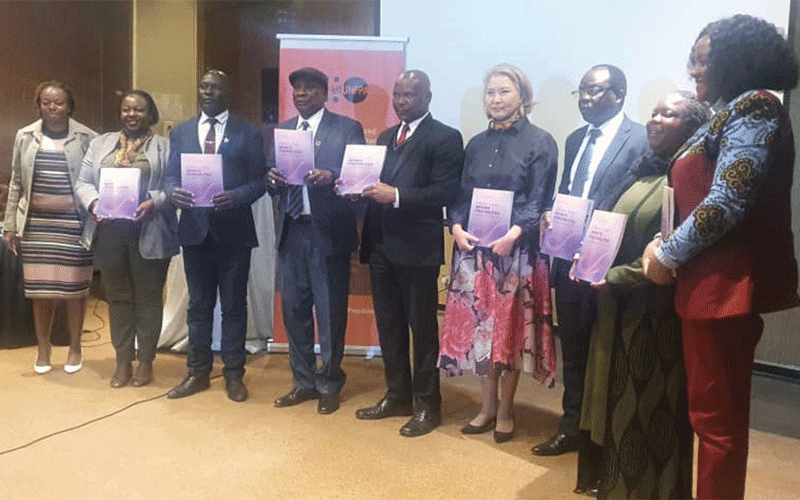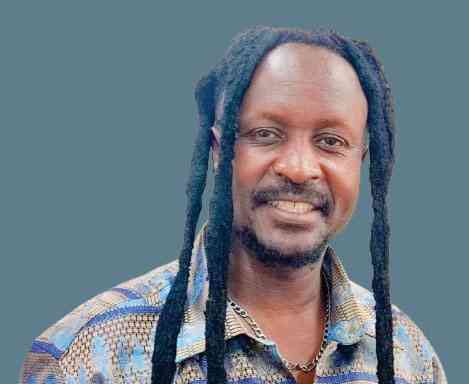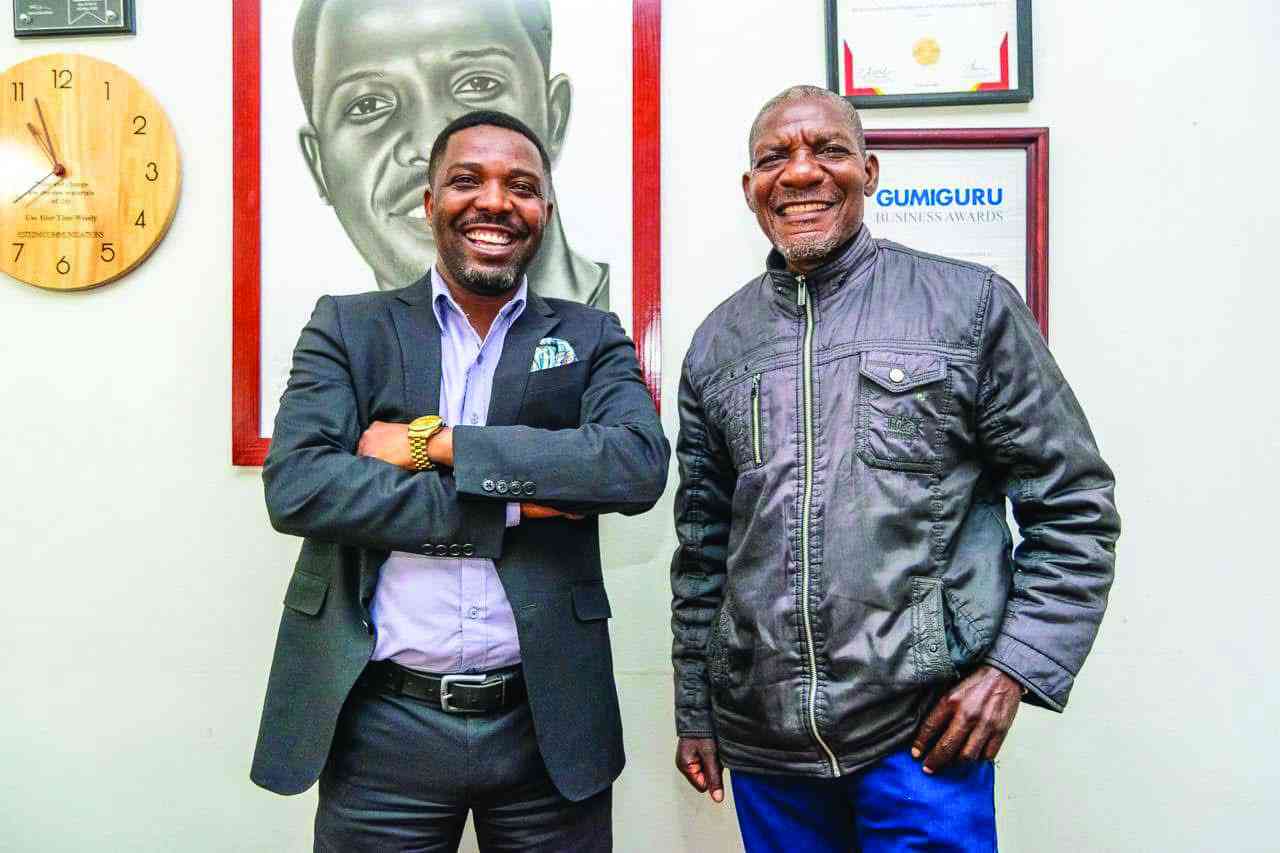
THE United Nations Population Fund (UNFPA) in Zimbabwe and partners on Thursday launched the 2023 State of the World Population Report entitled: “8 Billion Lives, Infinite Possibilities: the case for rights and choices” with a call for action to ensure the rights of women and girls are respected even in a world of growing anxieties of a balooning population.
The report was launched during the commemoration of UNFPA’s flagship World Population Day for 2023 under the theme:“Unleashing the power of gender equality: Uplifting the voices of women and girls to unlock our world’s infinite possibilities".
According to the State of the World Population report, population anxieties are widespread and governments are increasingly adopting policies aimed at raising, lowering or maintaining fertility rates.
But efforts to influence fertility rates are very often ineffective and can erode women’s rights.
Instead of asking how fast people are reproducing, leaders should ask whether individuals, especially women, are able to freely make their own reproductive choices – a question whose answer, too often, is no.
“Women’s bodies should not be held captive to population targets,” says UNFPA executive director Natalia Kanem.
“To build thriving and inclusive societies, regardless of population size, we must radically rethink how we talk about and plan for population change.”
According to the report, a staggering 44% of partnered women and girls in 68 reporting countries, including Zimbabwe, do not have the right to make informed decisions about their bodies when it comes to using contraception and seeking health care; and an estimated 257 million women worldwide have an unmet need for safe, reliable contraception.
- New perspectives: ‘We also died for this country!’
- New perspectives: ‘We also died for this country!’
- Salvation Army partners Padare in GBV fight
- Guruve women yearn for political recognition
Keep Reading
Women and girls make up 49.7% of the global population yet their desires for their lives, families and careers are often ignored in discussions on demographics and their rights violated in population policies.
At the root of this problem is gender inequality. Around the world, this pervasive injustice keeps women and girls out of schools, the workforce and leadership positions; limits their agency and ability to make decisions about their health and sexual and reproductive lives; and heightens their vulnerability to violence, harmful practices and preventable maternal death.
And perhaps most critically, it hinders the world from asking, or caring, about what women and girls want.
“The report makes it clear that advancing gender equality is the best tool for managing population change and building resilient societies,” said permanent secretary in the Women Affairs, Community and Small to Medium Enterprises Development ministry.
“If we unlock women’s potential by empowering them to make choices about their bodies and lives, they and their families thrive – and their societies – thrive as well.”
The State of the World Population Report mirrors the situation in Zimbabwe where women and girls remain greatly disadvantaged.
Gender-based violence is one key area that is sadly threatening to undo the gains made for women and girls in the country.
At least one in three women and girls have experienced various forms of gender based violence, which limits their decisions on issues such as their sexual and reproductive health, access to education and general wellbeing.
The report strongly recommends governments institute policies with gender equality and rights at their heart, such as parental leave programmes, child tax credits, policies that promote gender equality in the workplace, and universal access to sexual and reproductive health and rights.
These offer a proven formula that will reap economic dividends and lead to resilient societies able to thrive no matter how populations change.
Noting that eight billion lives coexist, it becomes imperative to protect and uphold fundamental rights, creating an environment that allows each person to flourish, Edward Kallon, UN Resident and Humanitarian Coordinator said:
“Choice is another key element that underpins a world of infinite possibilities,” he said.
“When individuals have the freedom to make decisions, particularly women and girls about their bodies, their futures and their well-being, society as a whole benefits.”
In Zimbabwe, UNFPA working with the government and with the support of various funding partners has been working to ensure women and girls have life-saving gender-based violence and reproductive health services and information.
Access to information is key in empowering women and girls to make informed decisions about their bodies and lives.
“As we commemorate World Population Day and launch the State of the World Population let us remember the situation for women and girls in Zimbabwe that needs all our attention,” said UNFPA deputy country representative Gulnara Kadrykulova.
“We are very grateful to our funding partners for the support to advance the rights of women and girls in Zimbabwe over the years as we continue with efforts to address the numerous challenges they face.”
UNFPA work in Zimbabwe is supported by the governments of Britain, China, Ireland, Japan as well as the European Union, Takaeda, United States Agency for International Aid and the World Bank.










